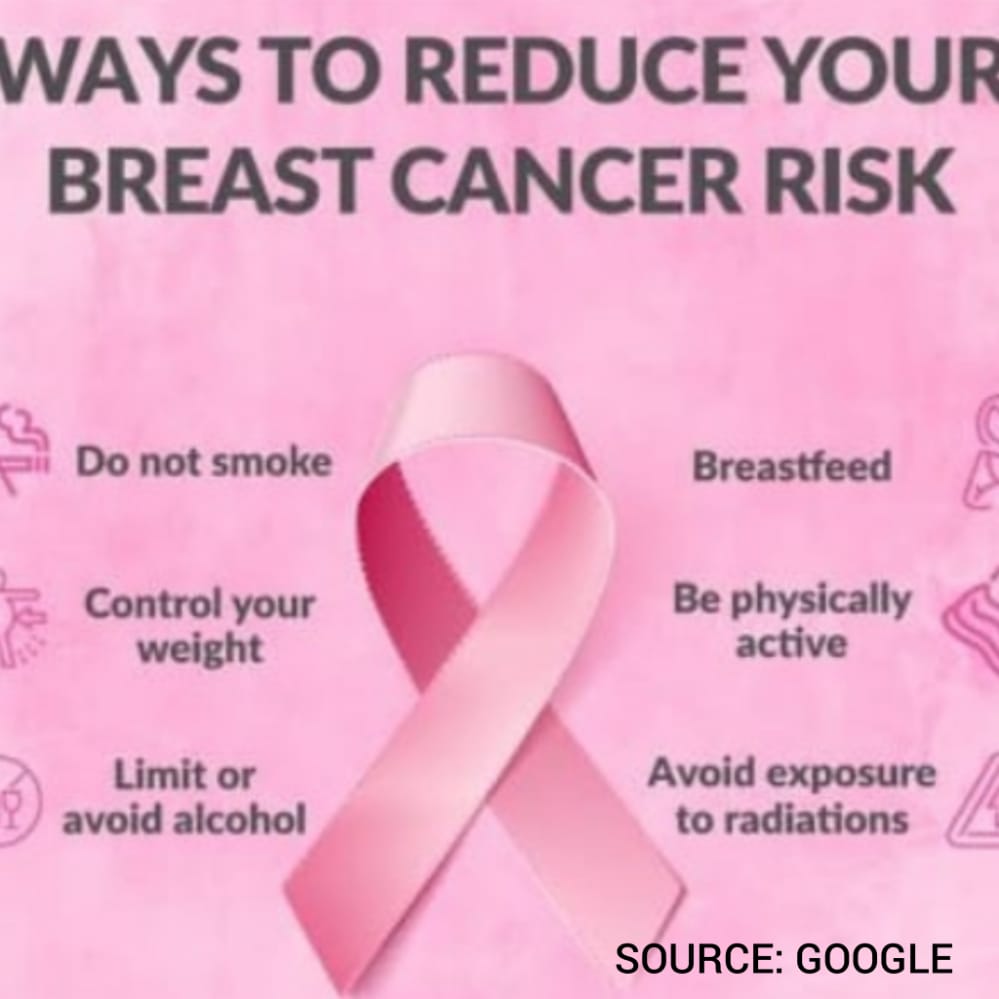Angelah Nothando Mlotshwa
Environmental and Health Reporter
October is the Breast Cancer Awareness month, it is a time to come together in communities in unity to raise awareness, promote education, honor the fallen and support patients and survivors of the chronic disease.
In this month many activities involving cancer patients are offered for free, such as cancer screening.
Members of various communities are urged to wear clothes of the colour pink or stick a pink ribbon on their attires to honor survivors and in remembering those we lost to the disease.
The awareness is held under the International Agency for Research Cancer (IARC) and other health organizations.
Milidzi Moyo, a doctor when interviewed pertaining the issue said,
“This month there is free breast cancer screening.”
This comes as a chance for all women and men to be screened in multitudes and know their status so that they take possible precautions.
Our research states that Cancer is a disease of the cells which are the building blocks of body organs and tissues.
Normally cells divide, grow and multiply in an orderly and controlled way as the body needs them to keep the body healthy. When cells become old or damaged, they die and are replaced with new cells. However, sometimes this orderly process goes wrong. When this happens, cells do not die when they should and new cells form when the body does not need them. When these cells continue multiplying, they result is a mass of tissue or growth, also called a tumor.
Breast cancer is a cancerous tumor which occurs in the breast(s). It is originating from breast tissue, most commonly from the inner lining of milk ducts or the lobes that supply the ducts with milk.
Researchers have not concluded what causes breast cancer, although certain risk factors may put anyone at higher risk of developing the dreaded disease.
Studies have shown that some people are more likely to develop cancer than others. These are the risk groups.
Lifestyle behaviors, environmental factors or other things that place at risk many groups of people to cancer have been noted to cause breast cancer.
Other aspects of breast cancer are age and heredity. Those over forty (40) years of age, have a family history of breast cancer, Smokers and those who drink alcohol, more than two drinks per day are at high risk of contracting cancer.
Eat a diet high in animal fat and low in fibre especially fast foods which has become a norm with nowadays society, have no children or had your first child after you turned 30 years, started your menstrual periods early before 12 years of age and experience menopause later than usual (after 55 years) this group is more at risk of contracting cancer.
Another group that is at risk is the one which excessively uses hormone replacement, mostly common in the treatment of menopause.
Those that are exposed to radiation especially during adolescence, constantly endure high stress levels are also susceptible to cancer.
Dr. Moyo added that,
“Even you yourself make sure you touch your breasts to make sure. The change is always felt.”
“It is a great idea. It gives one a chance to know their status. It is a benefit to those with it at first stages because it will be easier for them to get help.”
Breast cancer treatment is extremely expensive as it involves several therapies.
Some of the cancer treatments include
Biomarker Testing for Cancer Treatment,
Chemotherapy, Hormone Therapy, Hyperthermia,
Immunotherapy, Photodynamic Therapy,
Radiation Therapy, Stem Cell Transplant.
Many affected patients wish for such treatment but financial distress or calamities are obstacles for one to go through such. And in Zimbabwe the situation is exacerbated by the fact that the country does not have a cancer treatment machine.
Other factors that drive the cost of cancer treatment include people, facilities and technology and drugs.
People – Doctors, surgeons, nurses and other healthcare professionals working with cancer patients are highly trained and specialized in their field of study and most of these specialists are leaving our health facilities in droves citing useless remuneration and poor working conditions.
Facilities – For radiotherapy, the health ministry has claimed that there were “five specialized cancer treatment machines in the country, three are supposed to be installed at Parirenyatwa Group of Hospitals in Harare and the other two at Mpilo Central Hospital in Bulawayo. But this has been disputed by many people including renowned journalist Hopewell Chin’ono.
Those who are privy to the information state that machines at Mpilo Central Hospital have broken down as well as those in Harare.
Drugs – The National Cancer Institute of America calculated the average cost of medical care and drugs tops US$42,000 in a year following a cancer diagnosis. Some treatments can exceed US$1 million.
Many Zimbabwe cancer patients cannot afford this expensive treatment and are placed on pain killers.
Largely due to reasons stated above like the shortage of cancer machines many lives have been lost but survivors are still there.
One survivor who asked for anonymity pointed out that cancer awareness and treatment will help and lives maybe saved.
On a lighter note men are advised to romance their partners as this leads to early detection in the change or feeling of breasts.


